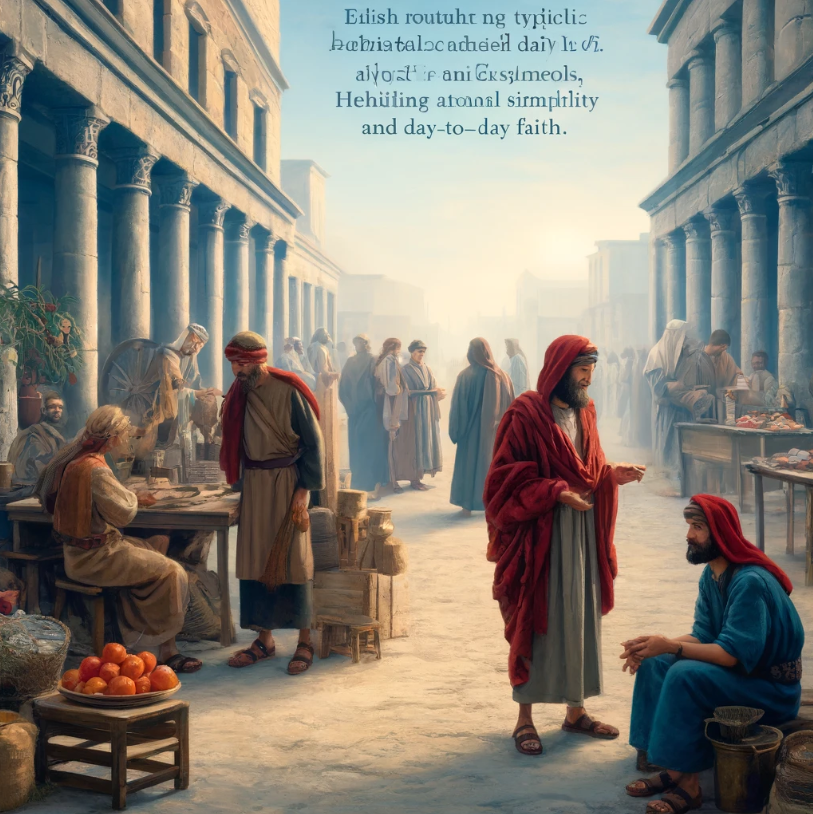
The Year of Jubilee is mentioned in the Bible in Leviticus 25:8-13.
Leviticus 25:8-13
8 Count off seven sabbath years seven times seven years so that the seven sabbath years amount to a period of forty-nine years. 9 Then have the trumpet sounded everywhere on the tenth day of the seventh month; on the Day of Atonement sound the trumpet throughout your land. 10 Consecrate the fiftieth year and proclaim liberty throughout the land to all its inhabitants. It shall be a jubilee for you; each of you is to return to your family property and to your own clan. 11 The fiftieth year shall be a jubilee for you; do not sow and do not reap what grows of itself or harvest the untended vines. 12 For it is a jubilee and is to be holy for you; eat only what is taken directly from the fields. 13 In this Year of Jubilee everyone is to return to their own property.
Leviticus 25:8-13
What importance does the year of Jubilee have in the Bible?
The Year of Jubilee, as described in the Bible in Leviticus 25:8-13, holds profound spiritual significance and serves as a powerful demonstration of God’s mercy and justice. It’s a special time commanded by God to occur every fifty years, bringing significant changes and blessings to the community of believers.
- The Year of Jubilee is a time of liberation and freedom. God instructed His people to proclaim liberty throughout the land to all its inhabitants. This was a literal freeing of all slaves and a return of every person to their family property. Imagine the joy and relief as debts were forgiven, and families were reunited! This reflects God’s deep desire for His people to live in freedom and to reset their lives, unburdened by past struggles or enslavements.
- It is also a year of rest. Just as God rested on the seventh day, the land too was to rest during the Jubilee year. No sowing, reaping, or harvesting was allowed. This was not just about letting the land lie fallow, but also about trusting in God’s provision. People were to eat what the fields naturally produced. This rest for the land and for the people was a reminder of God’s care and provision, urging a reliance not on their labor, but on God’s grace.
- Moreover, the Jubilee was a holy time dedicated to God. It was set apart to remind everyone of their reliance on Him and to foster a community spirit rooted in equality and support. This special year helped prevent the buildup of power and wealth in the hands of a few, promoting a more equitable distribution and a sense of community among the Children of Israel.
- The spiritual implications of Jubilee are profound. It’s a vivid illustration of God’s mercy, showing His commitment to not only freedom from physical bondage but spiritual renewal as well. For modern believers, the principles underlying the Jubilee—release from bondage, rest, and restoration—are integral to understanding God’s plans for justice and redemption.
By embracing the spirit of the Jubilee, believers today are reminded of the importance of forgiveness, community, and dependence on God. It encourages a heart posture that looks beyond material wealth and seeks spiritual health and societal fairness, aligning with God’s kingdom on earth as it is in heaven.
